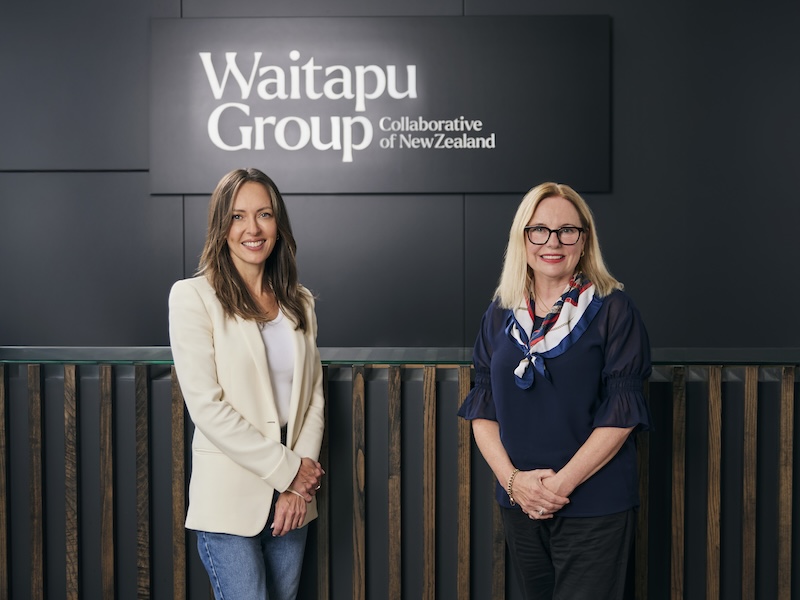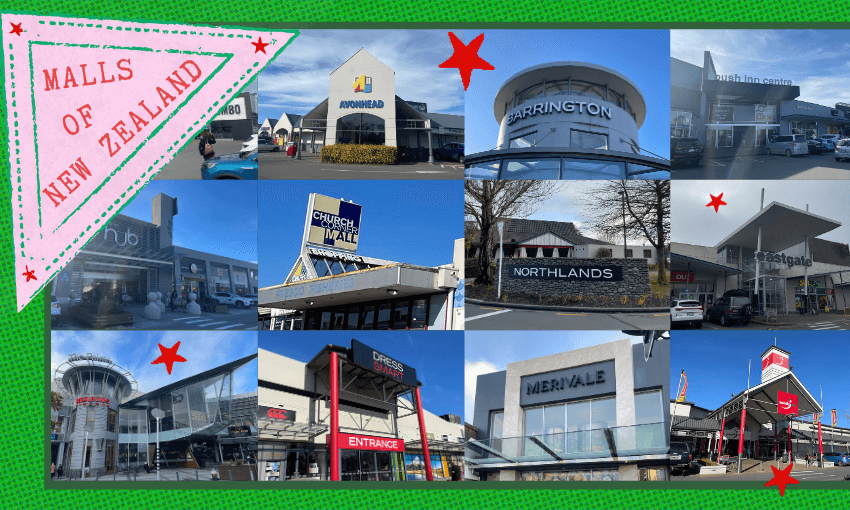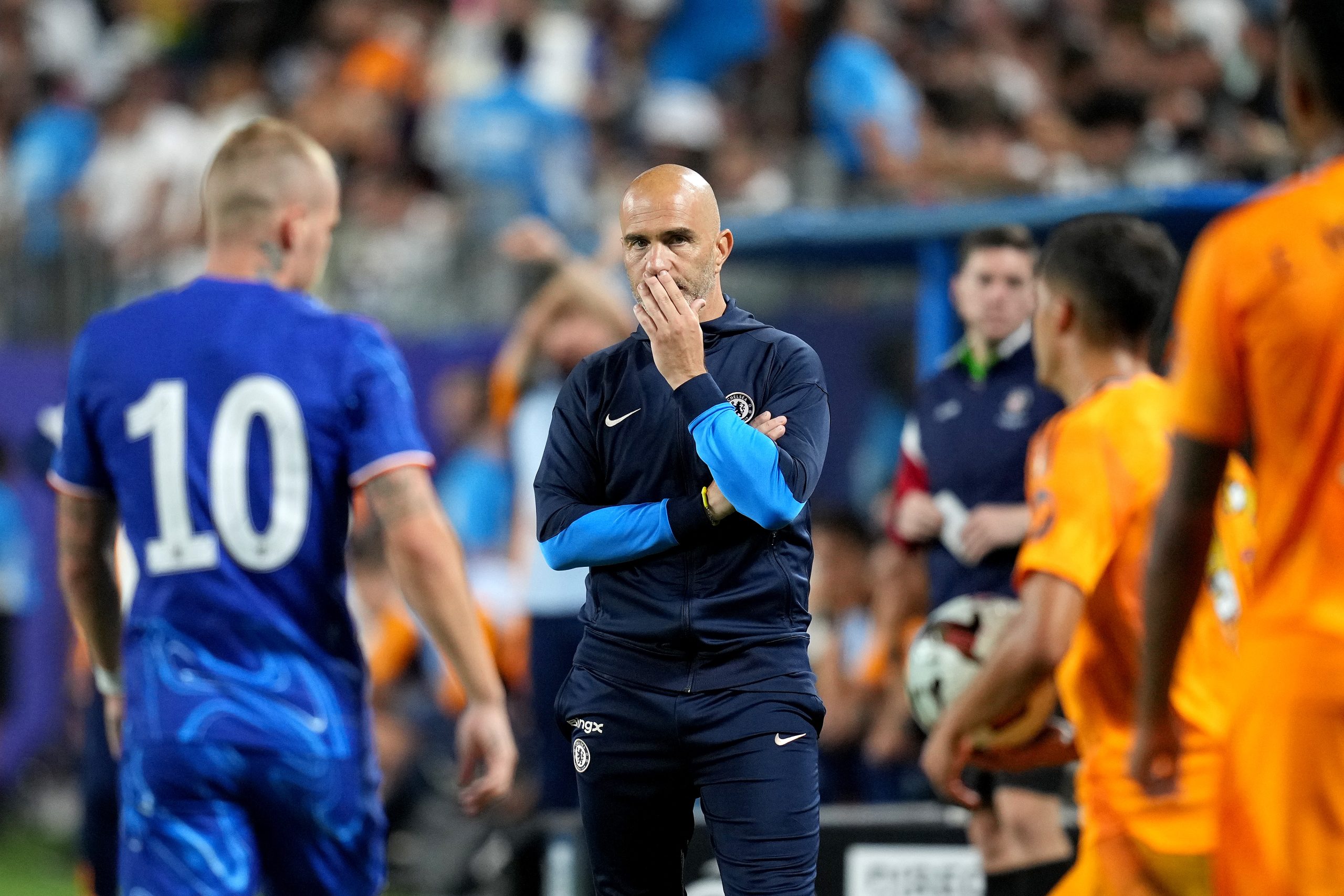Dove’s long-running mission to showcase real beauty has prompted a commitment that it will never use AI in its ads.
Its largest ever study, The Real State of Beauty: A Global Report, featured the voices of 33,000 women across 20 countries.
It shows while progress has been made in the way women are represented, unrealistic beauty standards prevail, with AI acting to perpetuate these even further.
Of the Kiwi women surveyed, 61% believe being able to create different versions of themselves using AI can have a negative impact on how they view themselves.
There’s said to be around 16 billion images created with AI to date, and it’s predicted that by 2025, 90% of online content will be AI-generated.
Making a stand against using AI in campaigns is all about raising awareness, and reminding women what real beauty looks like, says Dove Marketing Manager Australia and New Zealand, Tess Giordimaina.
“We don’t know that what we’re looking at is fake. Dove has always stood for real beauty, and our commitment to never using AI in our ads underscores our dedication to authenticity.
“Our brand purpose is to make beauty a source of happiness, not anxiety.”
Our own worst critics
Especially in New Zealand, with survey results finding that 82% of Kiwi women are their “own worst critics”, compared with 53% globally, says Giordimaina.
The “why” wasn’t covered in the survey, but it could be that they are potentially more susceptible to online pressures, where AI generated content features heavily.
Further, the report found that over 1 in 5 Kiwi women have expressed a willingness to give up five years of their life to achieve an ideal look or body. The beauty ideals checklist is growing and impossible to meet – from looking healthy (91%) to also being slim (83%), having a small waist (71%) while also being curvy (54%). Over two thirds of Kiwi women believe that women today are expected to be more physically attractive than their mother’s generation was.
Role of creators
The Real State of Beauty Report comes as Dove marks 20 years since it launched its Campaign for Real Beauty, where it revealed research showing only 2% of women considered themselves beautiful.
The campaign was a challenge to society, media and the beauty industry to change how it represents women, to be transparent about digital distortion and face-up to the harmful impact unrealistic standards have on women and girls.
To acknowledge two decades of its self-empowerment mission, Dove recreated its iconic photoshoot featuring Kiwi inclusivity and body positivity content creators, Jess Quinn and Ellie Fitzgerald.
Including creators like Quinn and Fitzgerald was very important, says Giordimaina. They engaged their audiences with content comparing the stark difference between how AI thinks they should look based off today’s beauty standards, versus their own real beauty.
“We know that 62% of content creators use AI… Creators have a huge responsibility, a huge following and influence over their audience,” says Giordimaina.
The Code
As part of this year’s campaign, the Code, Dove has also put together the Real Beauty Prompts Guide for using AI, to create a more inclusive and transparent approach to beauty in the digital age, says Giordimaina.
“We want people to know it’s okay to use AI, so long as you use it to make realistic images. The guide helps raise awareness of AI, and helps people prompt AI platforms to reduce bias.
“It’s our mission to uplift women and girls everywhere and ensure they see their true selves reflected in the media. We can’t drive change alone – together we can do more and change beauty.”





















Discussion about this post